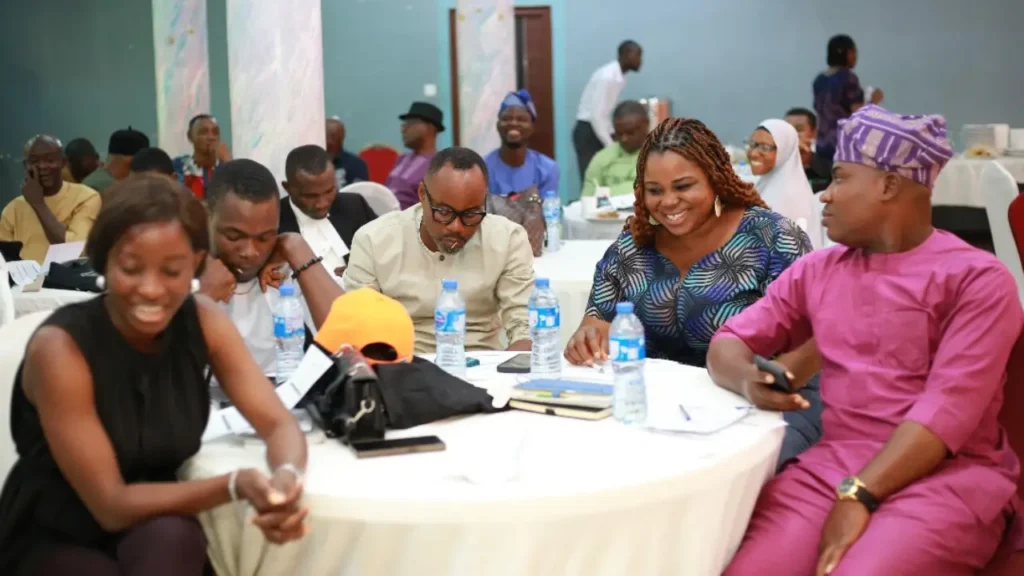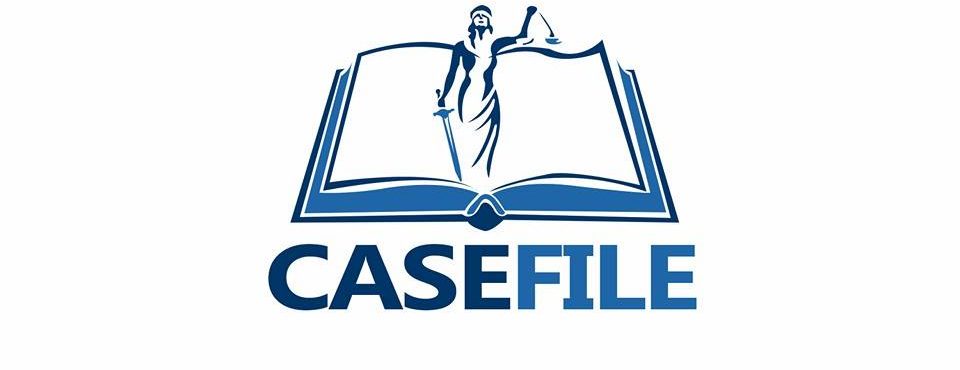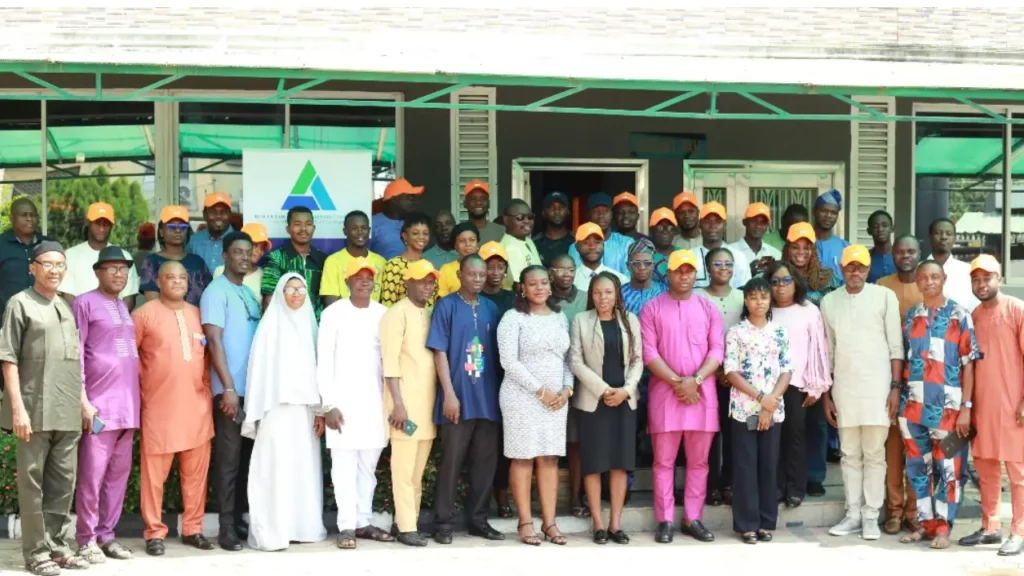The Partners West Africa Nigeria, PWAN, a non-governmental organisation formerly known as the Rule of Law and Empowerment Initiative with the support of the UK Integrated Security Fund of the Foreign Commonwealth Development Office, FCDO, has urged the media to ensure strengthening trust, transparency, and accountability between law enforcement officers and citizens.
This, the group hinted could be achieved on the premise of understanding the powers of the Police as enshrined in the Police Act 2020.
Hence, PWAN advocated that the media should educate the public on their rights, just as it harped on the need to understand and highlight rights in a manner that is in sync with the law.
This position was communicated on Thursday at a maiden Media Townhall Meeting on Human Rights, the Police Act 2020, and Regulations by PWAN held in Lagos.
PWAN: Public and the media must understand their rights and responsibilities
Ms. ’Kemi Okenyodo, Executive Director of PWAN, represented by the Communication Officer, Ogechukwu Holly Mohanye, wants the participating media organisations from the South West states to educate the public about the Police Act 2020, its impact on police-citizen interactions, and media reporting.
“This is …to ensure that both the public and the media understand their rights and responsibilities under the new law and the expected conduct of police officers.”

In the same vein, facilitators of the event, Mr. Tosin Osasona and Ms. Precious Osinaku during their presentations highlighted the role of the media in fostering responsible and rights-based reporting on sensitive issues like arrests, stop-and-search, profiling among others.
The duo hinted on strategies to bridge gaps in understanding and implementation of the Act across the country.
Osasona reiterated the need for collective efforts on promoting awareness and understanding of the Police Act 2020 in order to foster a culture of accountability and respect for human rights.
Osasona said the Act prioritises transparency, accountability, equity, and fairness, adding that it sets clear boundaries on how law enforcement interacts with the public, especially in terms of information disclosure and protecting citizens from unjust treatment.
He emphasised the importance of community policing, police accountability, and citizen engagement, stating that Nigeria has faced systemic issues in its policing, characterised by allegations of corruption, misuse of power, and a significant disconnect between police operations and community expectations.
He was of the view that the problems have been exacerbated by a lack of comprehensive understanding and inconsistent implementation of policing laws among the officers and management of the Nigerian Police Force.
The event held a presentation highlighting the core components of the Police Act followed by a three-person panel of discussants who explored the dynamics of reporting police and rights abuse.
Ms. Osinaku moderated the panel session, including Funke Busari, Managing Editor, CASEFILE Nigeria, Dr. Dimeji Kayode-Adedeji, Publisher of the Penpushing Media and Mr. Victor, a youth representative.



